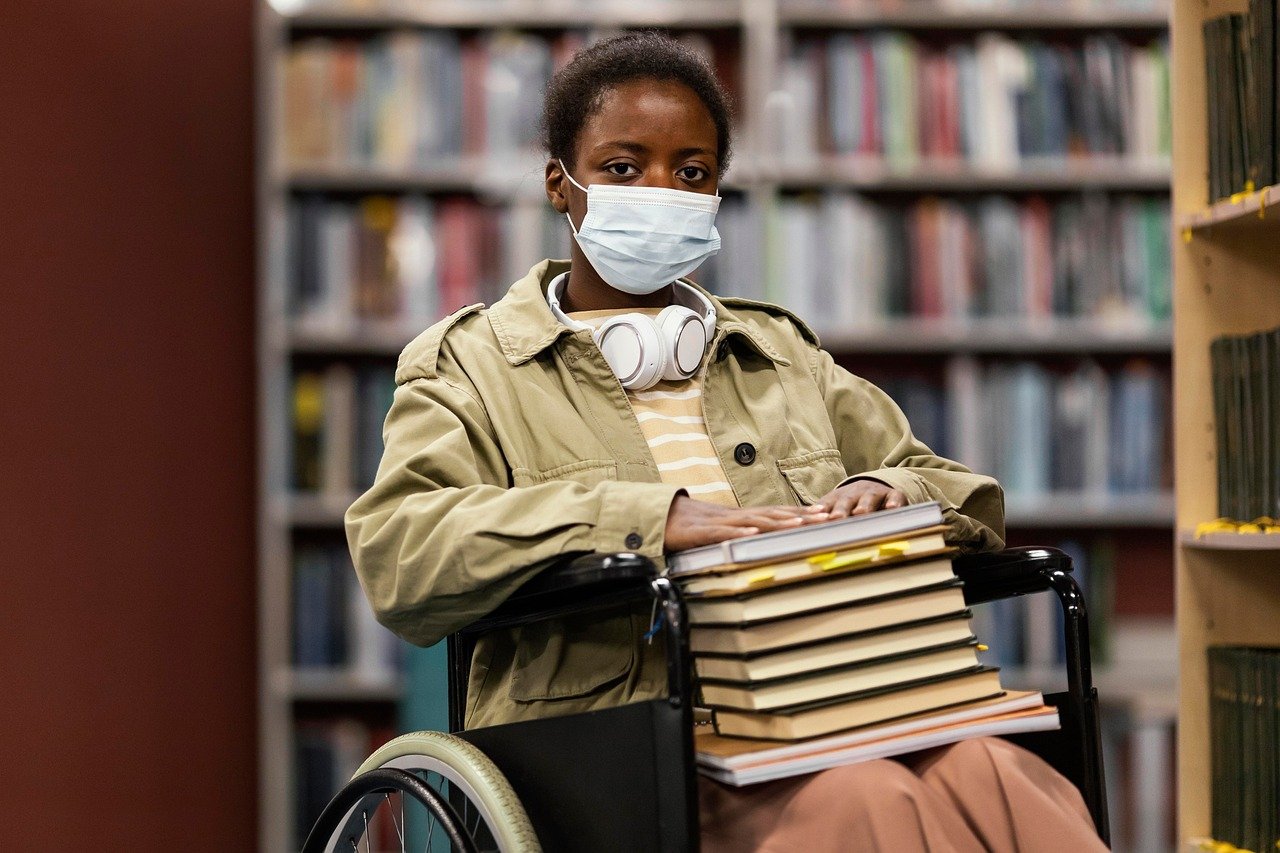Context and Issue:
Due to the large number of Syrian and Palestinian refugees, the country’s population grew to over 11 million by 2021. With 63% of the population under the age of 30, children and young people face challenges like poor access to quality education and high unemployment rates. Most importantly, about 300,000 children and teenagers in the country are unable to attend formal schools.
Solution:
UNICEF introduced the Makani ("My Space" in Arabic) programme in 2015 to provide services to vulnerable refugee and Jordanian children. The program integrates education support, community-based child protection services, early childhood development, adolescent and youth participation, and skills development into one space. Makani centers are located in refugee camps and host communities across Jordan.
Impact:
According to a summative impact evaluation conducted by Samuel Hall, the Makani programme's relevance to the needs of vulnerable people across Jordan, both refugee and host, is very high. Services offered through 32 Makani centers reached 17,861 vulnerable children and adolescents in Jordan in 2019, with an additional 4,675 people targeted for psychosocial support and case management services. The program has contributed to improving the living conditions of Syrian refugees and vulnerable local population groups, addressing critical gaps in education and child protection services.












